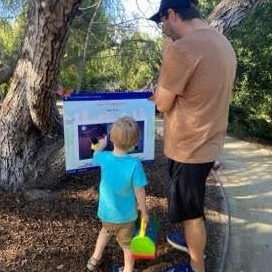Our environment cannot bounce back from major petrochemical contamination, on top of the constant flow of waste from agriculture, textile factories and our homes. The cheap and easy approach to dealing with waste has been to simply bury it, which is unsustainable, especially as chemicals inevitably leech out into soils and waters. While thermal desorption removes contaminants, it also kills the soil. The best solution is bioremediation.
We are delighted to announce the 2021 Fellows of the Royal Society of Victoria, the highest membership honour the Society can bestow on a person, which entitles the Fellow to use of the postnominals ‘FRSV.’ Please join us in congratulating our colleagues on this recognition of their work in furthering the Society’s goals to promote the sciences in Victoria, their contributions to their fields of research and education, and their continued commitment to the public appreciation of science.
Bernie was a geologist and geomorphologist specialising in landslides and volcanism, especially in the Newer Volcanics Province of Western Victoria, where he worked to map the regolith landforms that tell the story of Victoria’s past while determining future volcanic risk. He applied his expertise to the neotectonics of South-Eastern Australia, the recently-active and active volcanoes of the Pacific region, and the morphotectonics of the Central Victorian Highlands.
The Royal Society’s Council seeks to sharpen the RSV’s role in promoting science-based decision-making in Victoria with the wider community, government and the corporate sector. To this end, we want to ensure our membership has an opportunity to contribute to the establishment of an agreed position on important issues and support new programs designed to engage and empower Victorian communities in plotting their course for the future, providing a science-based, critical resource for all sectors.
There is no denying that climate change is here. In many of the articles I have written for the Royal Society of Victoria, climate change seems to be a common thread woven among them. In Australia, this means warmer temperatures, less rainfall, and more extreme weather events. How do we ensure our land is ready for the change that is already happening and continues to intensify? Years of attending RSV presentations only reinforce in my mind our desperate need for better land management.






